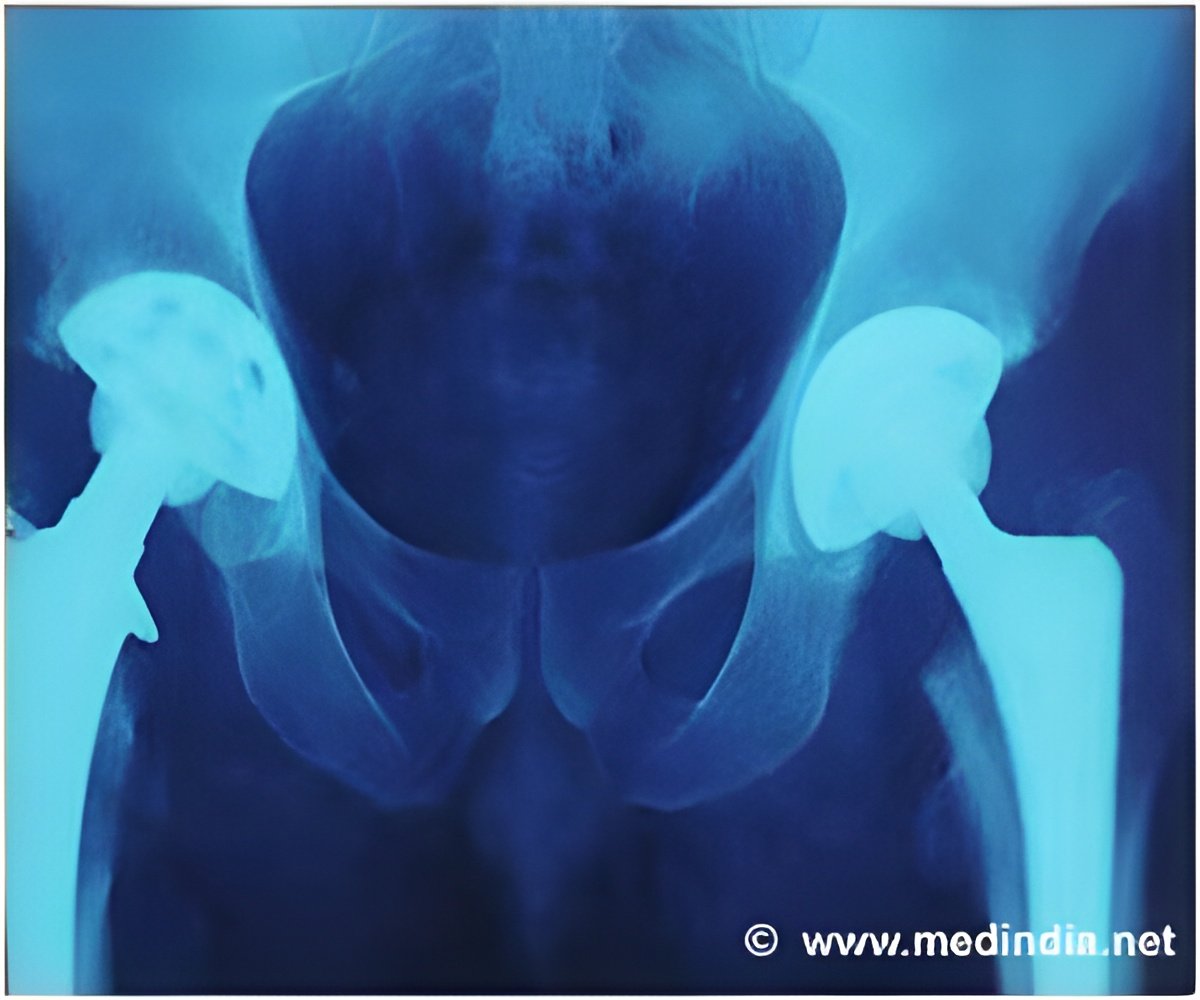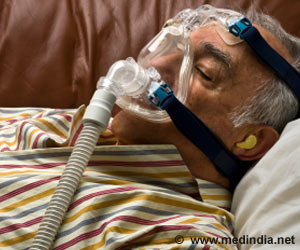Delirium is not lessened by melatonin supplements in elderly people undergoing surgery for hip fractures, indicates a new trial published in CMAJ (Canadian Medical Association Journal)

Researchers from The Netherlands undertook a randomized controlled trial to understand the impact of melatonin on delirium in elderly patients undergoing acute surgery for hip fracture. The study involved 378 patients with a mean age of 84 years, of whom 238 (63%) lived at home before surgery. Of these, 210 (55.6%) had cognitive impairment. Of the 378 patients, 186 were randomly assigned to receive melatonin and 192 were in the placebo group.
"We observed no effect of melatonin on the incidence of delirium," writes Dr. Annemarieke de Jonghe, Department of Internal Medicine, Geriatrics Section, Academic Medical Center, University of Amsterdam, Amsterdam, The Netherlands, with coauthors. "The median duration of delirium was similar between the study groups. However, there was some indication that perioperative melatonin supplementation resulted in fewer patients having a long duration (> 2 days) of delirium."
"These results indicate that, for vulnerable elderly patients with hip fracture, melatonin is not effective in preventing postoperative delirium."
The authors suggest that further research should compare the effects of melatonin head-to-head with antipsychotics in patients with hip fracture who also have delirium, and look at its effects on other populations, such as patients in intensive care units.
Source-Eurekalert













